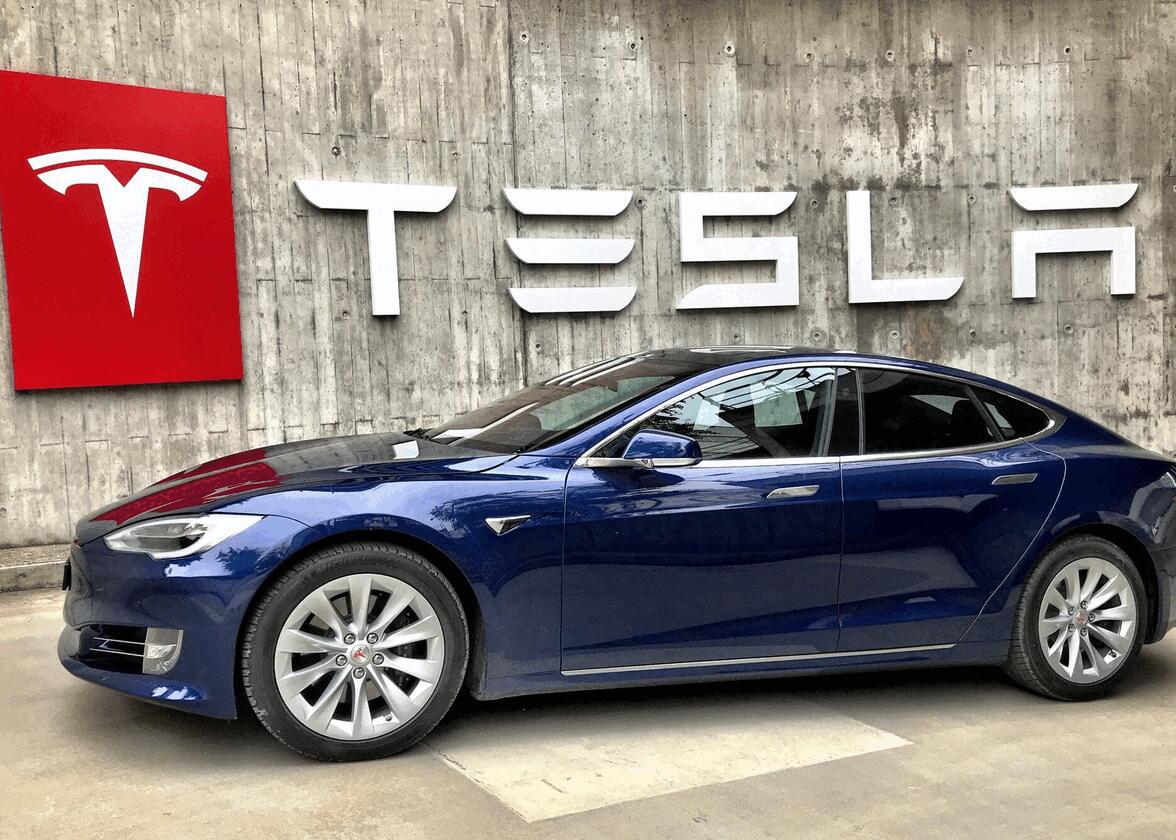Elon Musk's Leadership Mistakes At Tesla
Tesla Self Driving, BYD Assisted Driving
The Tesla Robotaxi Rollout
Self-Driving Showdown: Tesla vs BYD vs Waymo — Who’s Winning the Autonomy Race?
What If the U.S. Let BYD In? Free Trade Meets the EV Disruptor
Tesla's prospects for licensing its Full Self-Driving (FSD) software to other electric vehicle (EV) manufacturers are increasingly promising, though not without challenges.
Current Developments
Tesla has confirmed ongoing discussions with at least one major automaker regarding a potential FSD licensing agreement. CEO Elon Musk indicated there's "a good chance" a deal could be finalized within the year. However, even if an agreement is reached soon, integrating FSD into another manufacturer's vehicle lineup could take approximately three years, due to the lengthy product development cycles typical in the automotive industry .(Teslarati, Electrek)
In addition to these talks, other automakers have shown interest in Tesla's FSD technology. For instance, BMW reportedly described a demonstration of Tesla’s FSD as “very impressive,” suggesting that legacy manufacturers are closely monitoring Tesla's advancements .(Not a Tesla App)
Opportunities for Tesla
-
Revenue Potential: Licensing FSD could open a new revenue stream for Tesla, potentially offering higher margins than vehicle sales. This model would allow Tesla to monetize its software expertise across a broader range of vehicles without the capital expenditures associated with manufacturing.(Reddit)
-
Market Influence: By licensing FSD, Tesla could set industry standards for autonomous driving technology, similar to how its North American Charging Standard (NACS) has been adopted by other automakers.
-
Scalability: Tesla's vision-based approach to autonomy, which relies on cameras and neural networks rather than LiDAR, is considered more scalable and cost-effective, making it an attractive option for other manufacturers looking to implement advanced driver-assistance systems .(Teslarati)
Challenges Ahead
-
Technical Integration: Adapting Tesla's FSD software to different vehicle architectures requires significant engineering efforts, including hardware compatibility and software calibration.
-
Regulatory Hurdles: Autonomous driving technologies face varying regulatory landscapes across different regions, which could complicate or delay the deployment of FSD in non-Tesla vehicles.
-
Competitive Alternatives: Other companies, like Mobileye, have already secured partnerships with multiple automakers for their driver-assistance technologies, which could make it more challenging for Tesla to penetrate the market .(Reddit)
Outlook
While no licensing deals have been finalized as of now, the combination of Tesla's technological advancements and growing interest from other automakers suggests that FSD licensing agreements could materialize in the near future. If successful, this strategy could significantly enhance Tesla's influence in the automotive industry and provide substantial financial benefits.



No comments:
Post a Comment